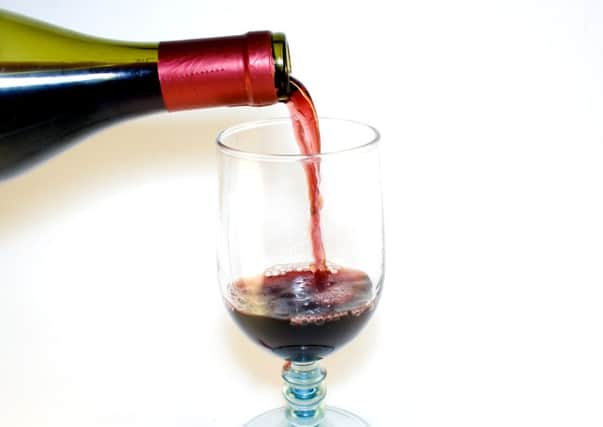Minimum alcohol pricing was a risk that had to be taken '“ leader comment


It was a politically dangerous decision to make Scotland, a country famous for, among other things, whisky, one of just six places around the world to have a legally enforced, minimum unit price for alcohol.
The Scotch Whisky Association fought against the Scottish Government’s policy in the courts for years – a delay which former Health Secretary Alex Neil claimed had led to the deaths of nearly 400 people who otherwise would have been saved – amid the inevitable complaints about ‘nanny state’ interference.
Advertisement
Hide AdAdvertisement
Hide AdBut despite such objections, a minimum unit price of 50p was introduced in Scotland earlier this year and that decision has now received a considerable endorsement from experts at the World Health Organisation (WHO).
Dr Jürgen Rehm, a WHO adviser, said that the move was “very clearly” going to have a “significant effect” on the health of the population. And this was not simply an opinion, but a view based on the success of similar measures taken in Russia and Canada. Dr João Breda, head of WHO’s European office for the Prevention and Control of Noncommunicable Diseases, stressed that it had not taken an “ideological position” on the subject but, instead, one based on hard facts. “The current evidence tells us that using price is a very strong and very important (form of) ammunition and should be considered by all countries,” he added.
Anyone who takes a walk down the main street of almost any town and city in Scotland late at night on a Saturday will be left in no doubt that we have a considerable drink problem. And it is not one that is even remotely confined to pubs and clubs. According to figures published before the minimum price was introduced, about a million people in Scotland were drinking more than the recommended amount and 24 died every week from alcohol-related conditions – a rate twice as high as in the 1980s.
The availability of cheap alcohol was undoubtedly a factor in that rise, so enforcing a minimum price seemed a logical way to use simple market forces to help people with a problem.
Its introduction in Scotland went relatively smoothly. There was a backlash but it didn’t gain much traction in public opinion.
However still the Scottish Government took a risk, one they should be applauded for. Sometimes, we all need a little help to save us from ourselves.
